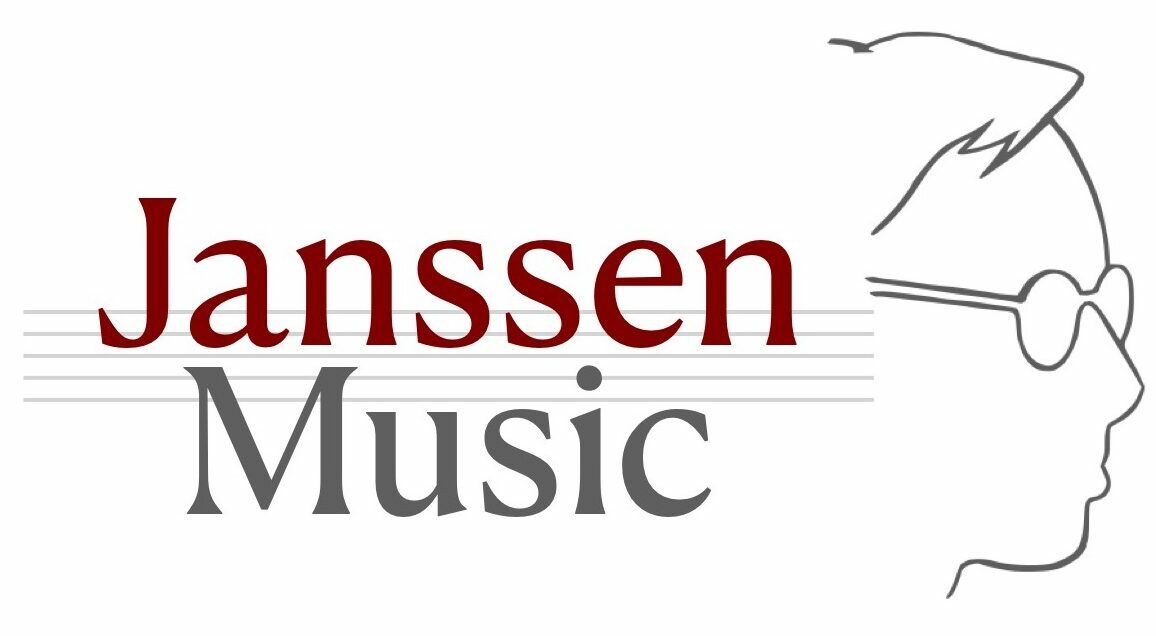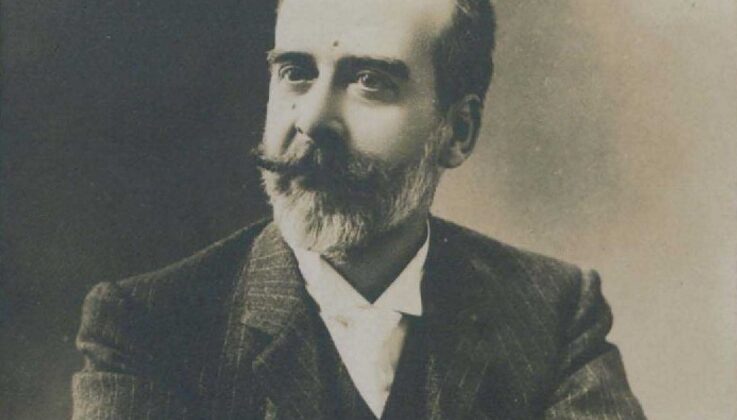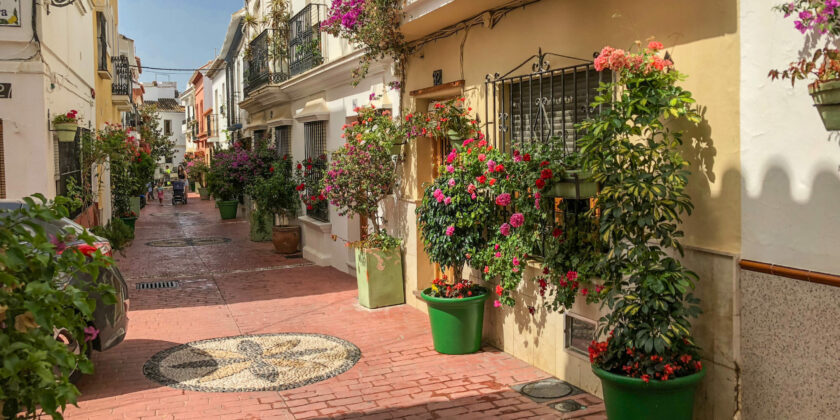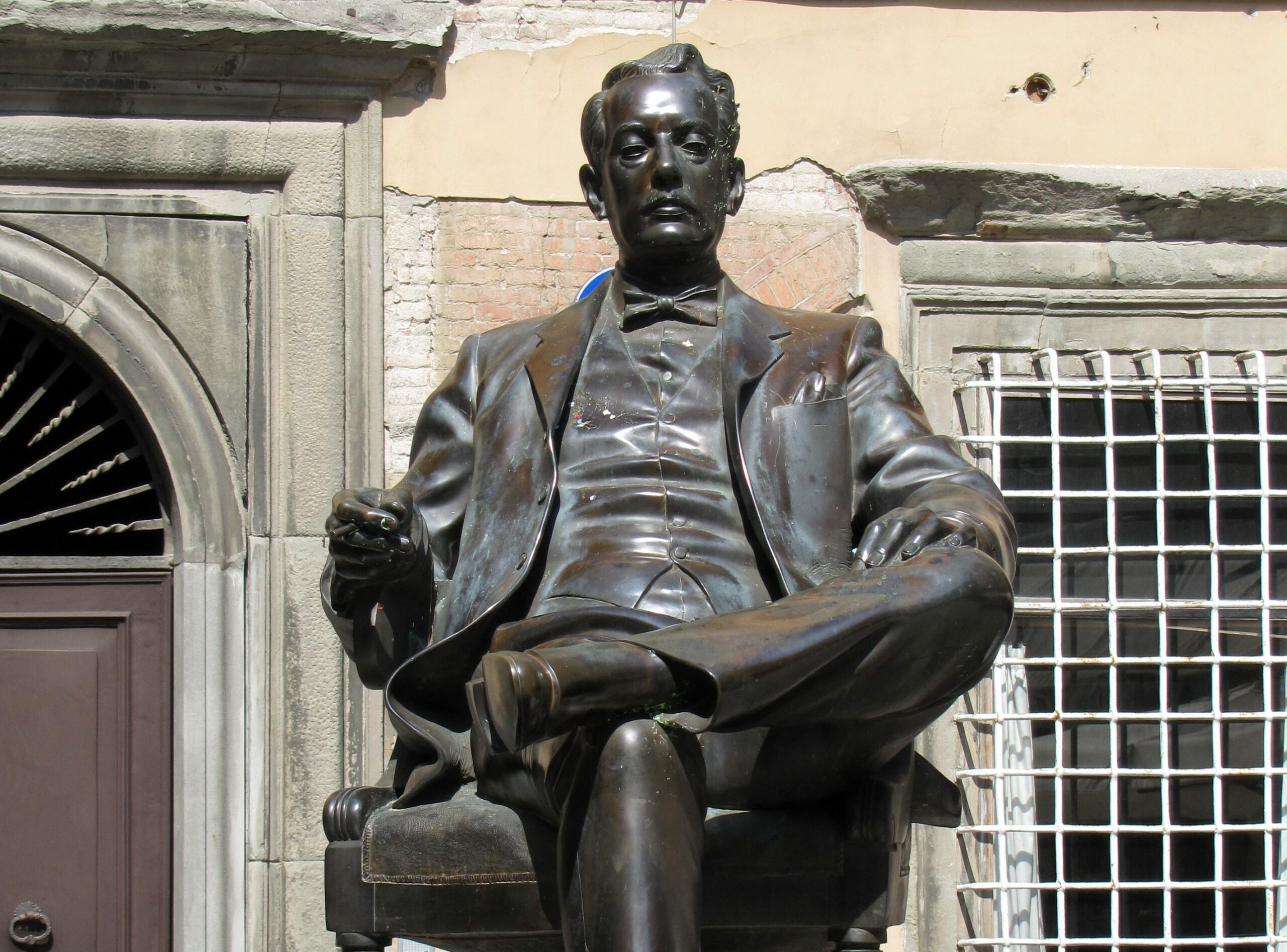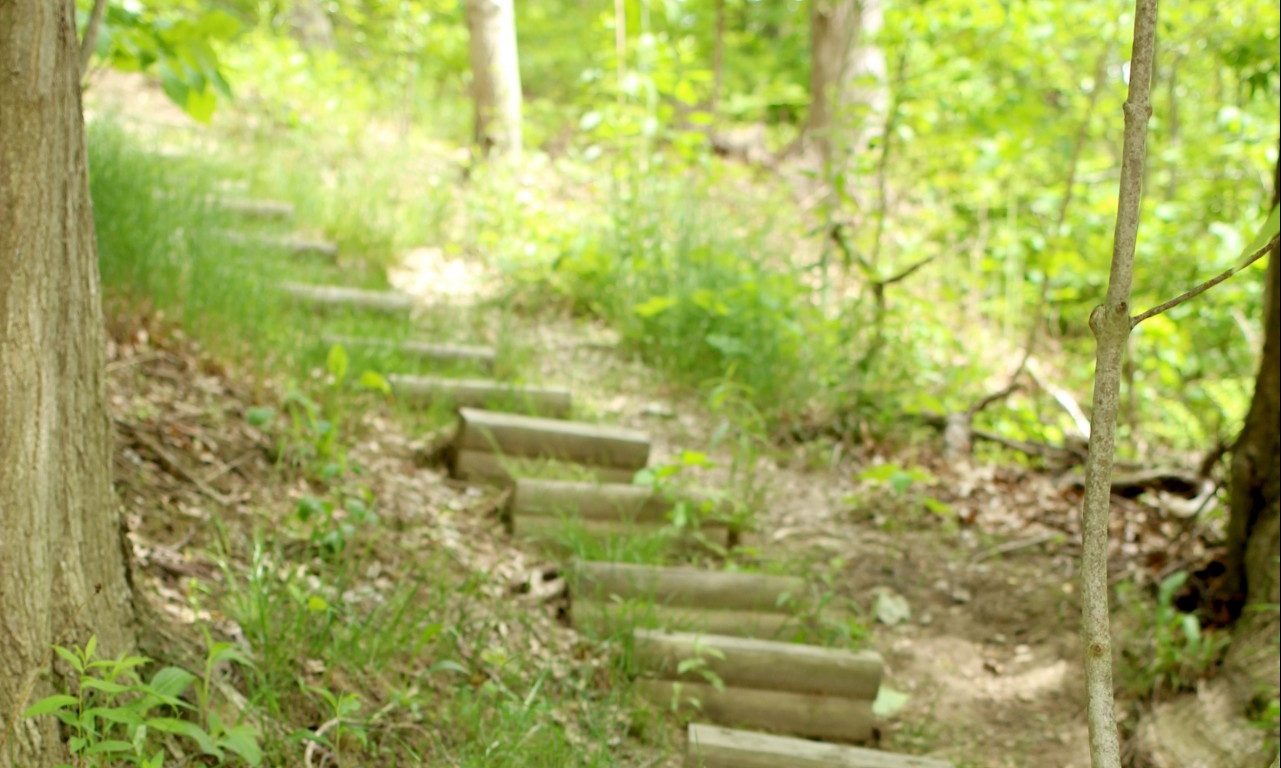Ma llaman la primorosa – Gerónimo Giménez
‘El Barbero de Sevilla’ is a one-act zarzuela, divided into three scenes, with a libretto by Guillermo Perrín y Vico and Miguel de Palacios and music by Jéronimo Giménez. It premiered at the ‘Teatro de la Zarzuela’ in Madrid on February 5, 1901.
The most famous aria from this zarzuela is by far ‘Me llaman la primorosa’. Even today it still belongs to the traditional light concert repertoire. Dutch arranger Christiaan Janssen transcribed this aria now for Soprano and Symphonic Band.
Publisher: → Baton Music
explanation text: © Baton Music
